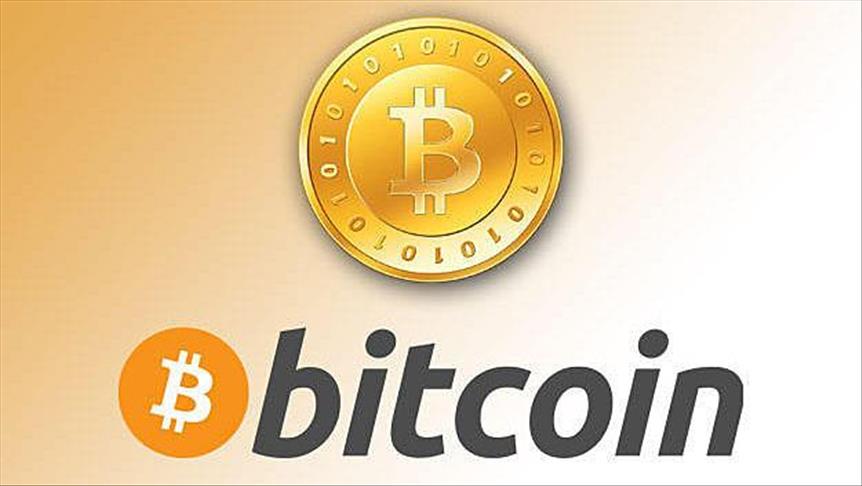
by Magdalene Mukami
NAIROBI, Kenya
Bitcoin use increases in Kenya, despite a refusal by the central bank to recognize it as a lawful currency.
The Central Bank of Kenya (CBK) is dead set against the use of the electronic currency. On Dec. 15, the central bank took out a series of newspaper ads warning Kenyans that the use of bitcoin is “unprotected”.
Then, in an official statement on Tuesday, the bank announced that bitcoin “is not legal tender” in the country.
“No protection is currently in place in the event digital currency or related platforms that exchange or hold digital money fails or goes out of business,” the statement said.
But the central bank’s disapproval is not preventing Kenyans from using bitcoin -- it becomes ever-more popular, with about 10,000 users to date, according to bitcoin statistics.
The appeal of bitcoin is that it makes international money transfers cheap. Banks take up to 10 percent commission on international transfers in the country, while bitcoin platforms in Kenya get about 3 percent, a fraction of that amount -- the exact commission varies from platform to platform, but it is always much less than that taken by banks and foreign exchange dealers.
One Kenyan bitcoin platform, BitPesa, -- Pesa being the Swahili word for money -- says that it will treat the announcement of the CBK as the first step to the acceptance of the amazing technology.
“BitPesa is safe, and trading in bitcoin is very safe. Anyone who has transacted any business through us knows this for sure. Our aim is to make it cheaper for people to make money transfers,” BitPesa co-founder Elizabeth Rossiello told Anadolu Agency in an interview on Wednesday.
Our business isn’t illegal, Rossielo said, and, despite the fact that the CBK had classified it as “unregulated business” the company will continue serving its customers in Africa.
BitPesa, with the help of venture capital, has grown beyond Kenya, and now operates in Uganda, Tanzania and Nigeria. The company received $1.1 million in investment from a group of venture capitalists led by U.S.-based Pantera Capital.
Rossiello called on regulators and lawmakers in Kenya to learn about the new technology which is being used all over the world. In Kenya the business has over 4,000 registered customers who use the platform to trade.
"You can pay somebody in China instantly using bitcoin. There has been $1 billion in investment from venture capitalists in 2015 alone into this technology. Two billion dollars’ worth of bitcoin is traded every day. So why would Kenya close its eyes to this, and opt out of a new technology?" Rossielo asked.
Access to bitcoin was first popularized in Kenya by M-Pesa, a mobile phone-based money transfer and microfinancing service, launched in 2007 by Vodafone for Safaricom , the largest mobile network operator in Kenya.
But, on Nov. 12, Safaricom blocked access to BitPesa and Lipisha, the two bitcoin services on the M-Pesa money transfer service. Safaricom cited the unregulated status of bitcoin as the reason for its decision.
A lawsuit by BitPesa was quashed by the court on Dec. 14, and so access to bitcoin is no longer possible on M-Pesa. BitPesa is appealing.
This, however, has not prevented bitcoin operators from providing access via the Internet and other mobile services.
“As a company founded in Kenya, we built on M-Pesa; as a pan-African enterprise, we have gone above and beyond M-Pesa.” Rossielo said.
Anadolu Agency website contains only a portion of the news stories offered to subscribers in the AA News Broadcasting System (HAS), and in summarized form. Please contact us for subscription options.







